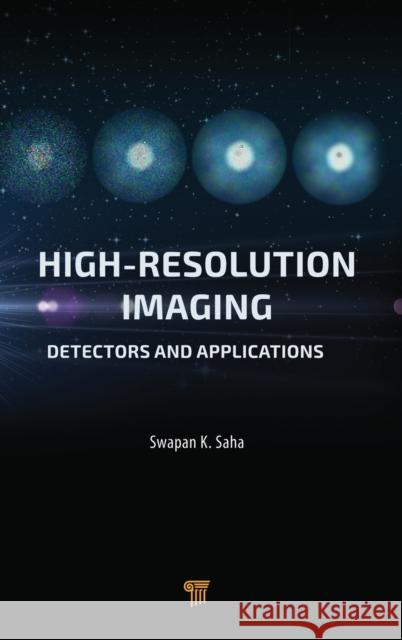High Resolution Imaging: Detectors and Applications » książka
High Resolution Imaging: Detectors and Applications
ISBN-13: 9789814613279 / Angielski / Twarda / 2015 / 600 str.
Interferometric observations need snapshots of very high time resolution of the order of (i) frame integration of about 100 Hz or (ii) photon-recording rates of several megahertz (MHz). Detectors play a key role in astronomical observations, and since the explanation of the photoelectric effect by Albert Einstein, the technology has evolved rather fast. The present-day technology has made it possible to develop large-format complementary metal oxide semiconductor (CMOS) and charge-coupled device (CCD) array mosaics, orthogonal transfer CCDs, electron-multiplication CCDs, electron-avalanche photodiode arrays, and quantum-well infrared (IR) photon detectors. The requirements to develop artifact-free photon shot noise-limited images are higher sensitivity and quantum efficiency, reduced noise that includes dark current, read-out and amplifier noise, smaller point-spread functions, and higher spectral bandwidth. This book aims to address such systems, technologies and design, evaluation and calibration, control electronics, scientific applications, and results. One of the fastest growing applications is signal sensing, especially wavefront sensing for adaptive optics and fringe tracking for interferometry, which is important for long-baseline optical interferometry. The coherence time of the atmosphere is a highly variable parameter. Depending upon the high velocity wind, it varies from This book deals with the fundamentals of the important aspects of high-resolution imaging, such as electromagnetic radiations, particularly, optical wavelengths and their distortions due to optical elements and Earth s atmosphere while passing through a detector; semiconductor physics; lasers; fiber optics; photon-detection process; photodetectors; charge-transfer devices; photon-counting devices in visible wavelength; radiation detectors in infrared wavelengths; and detecting systems for high energies."











